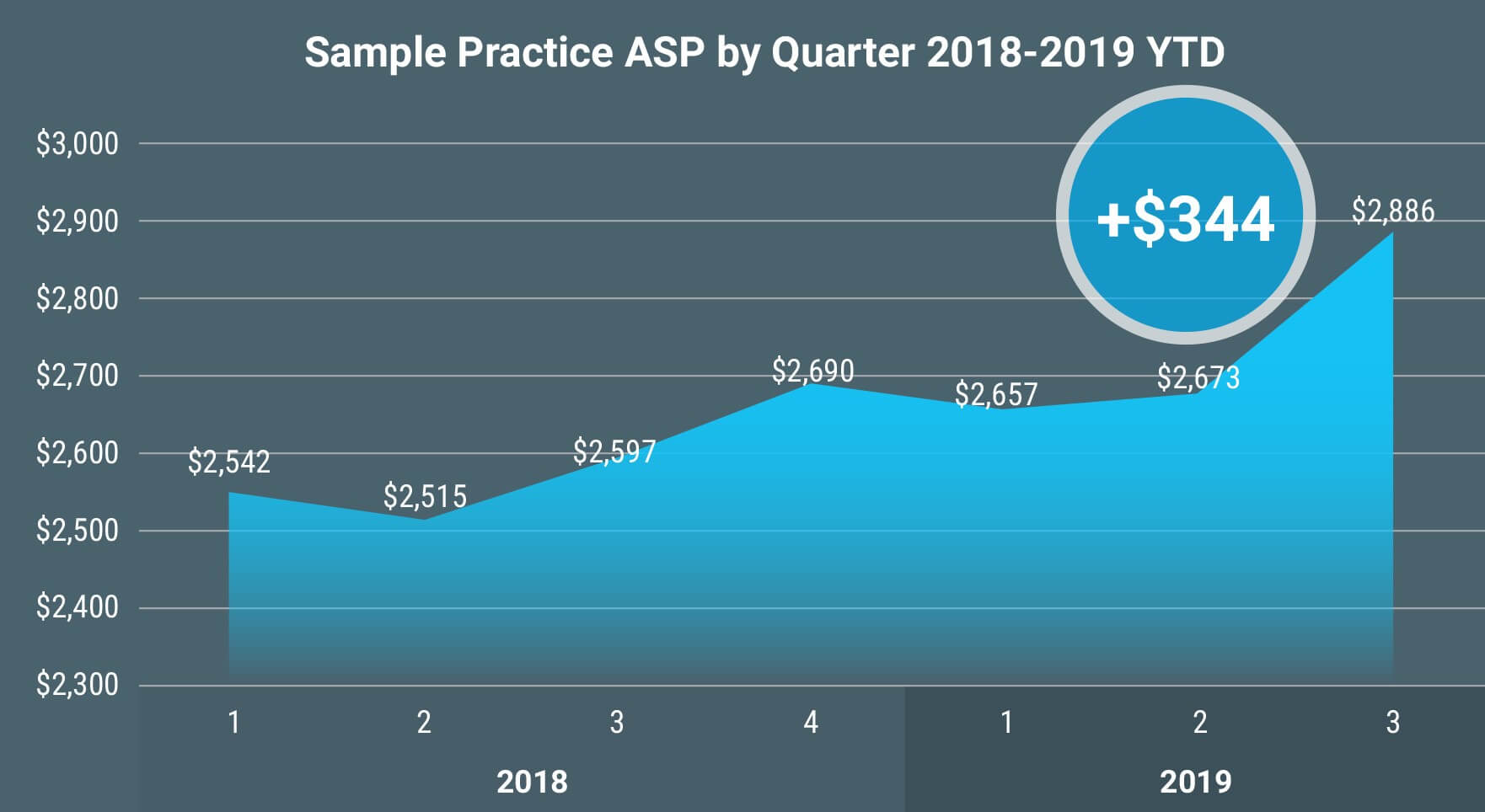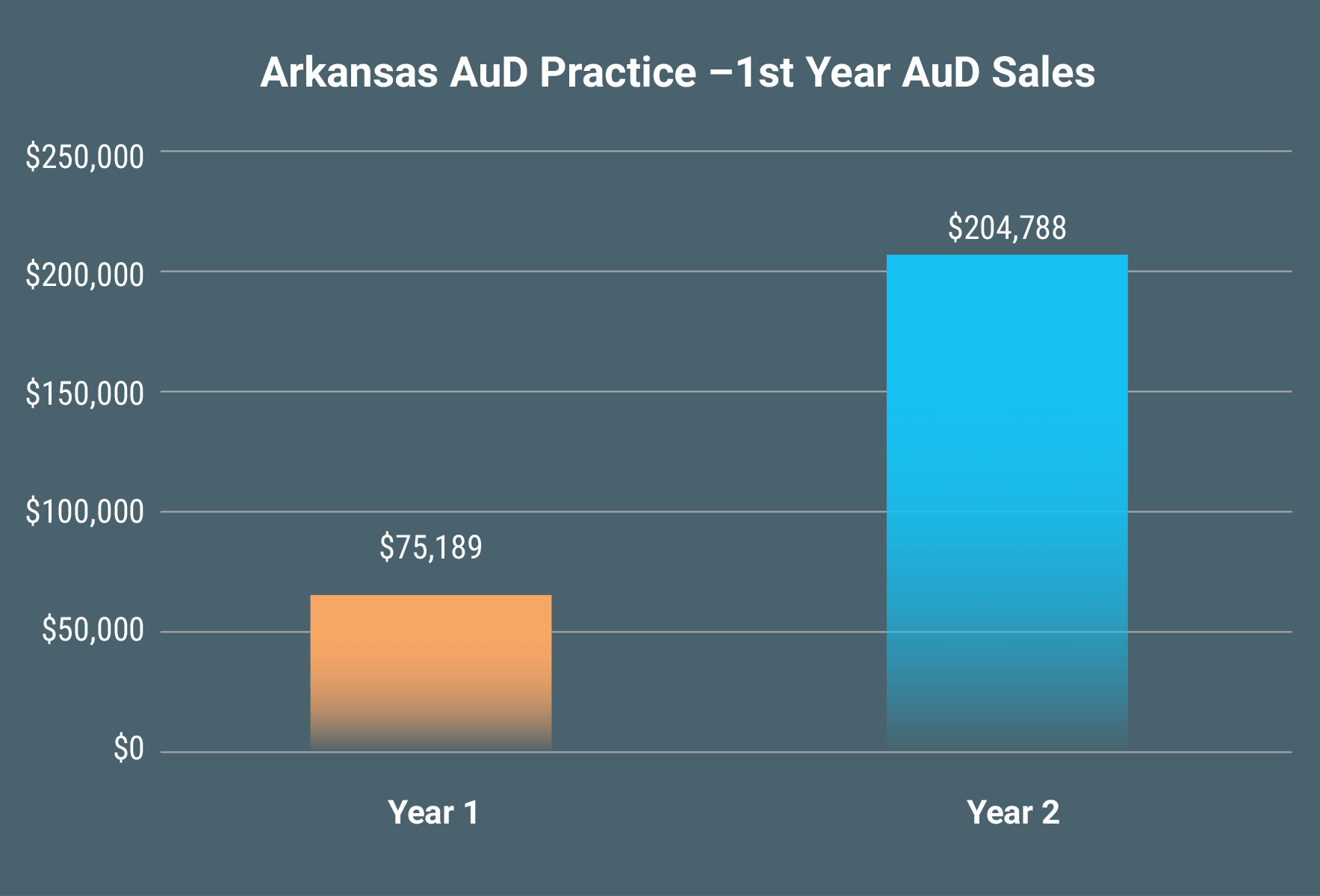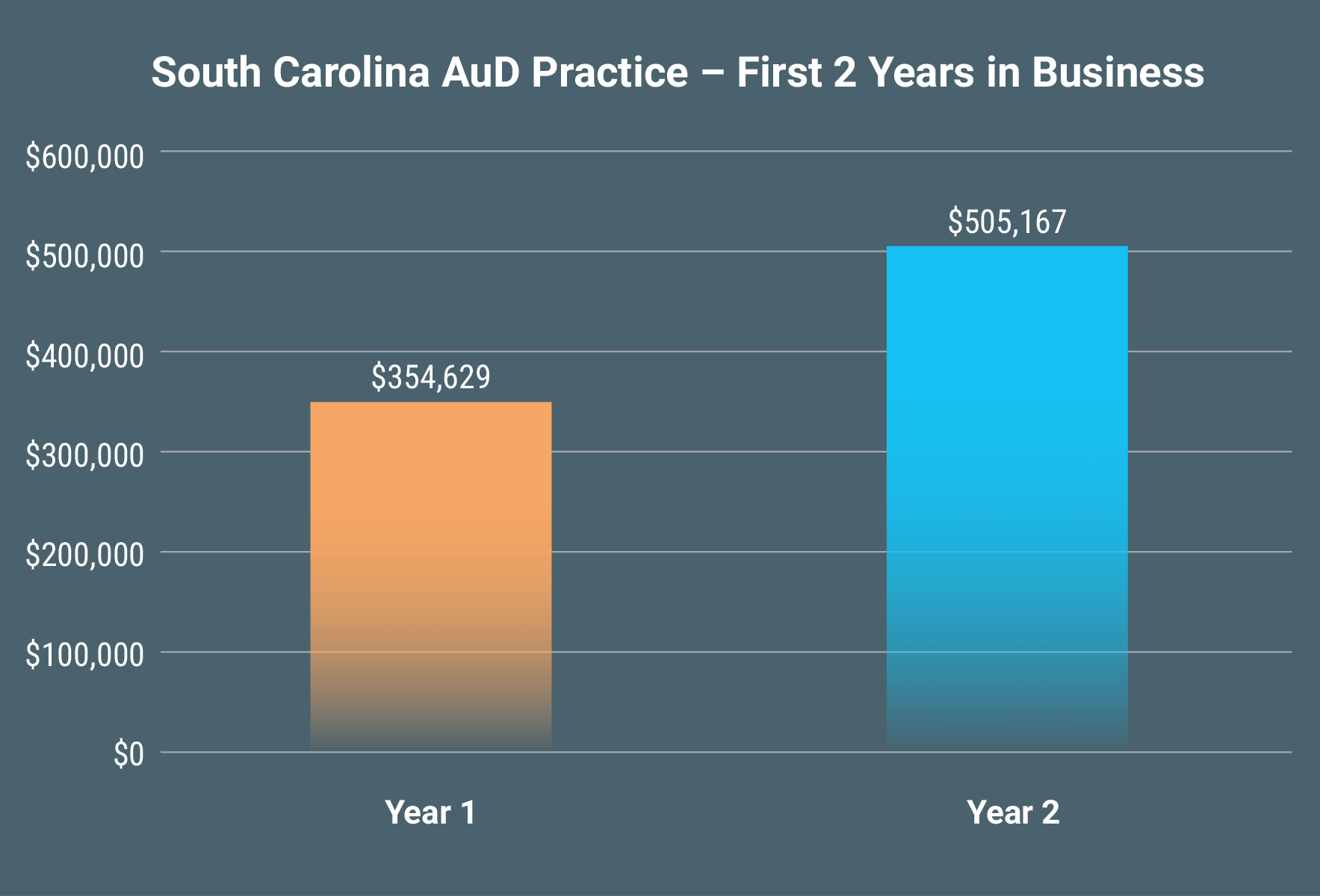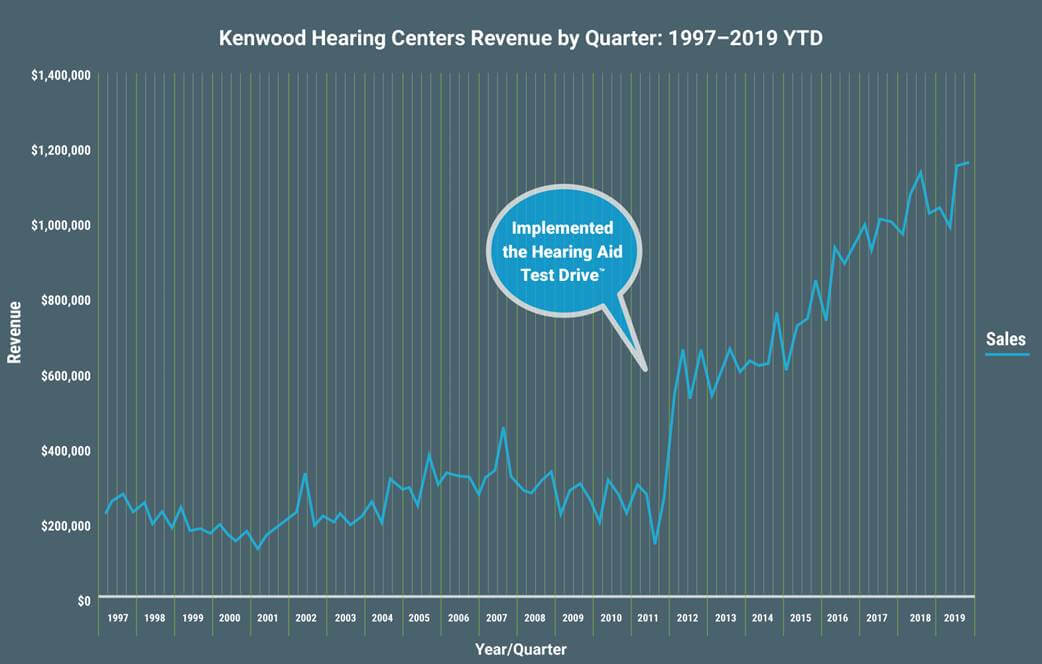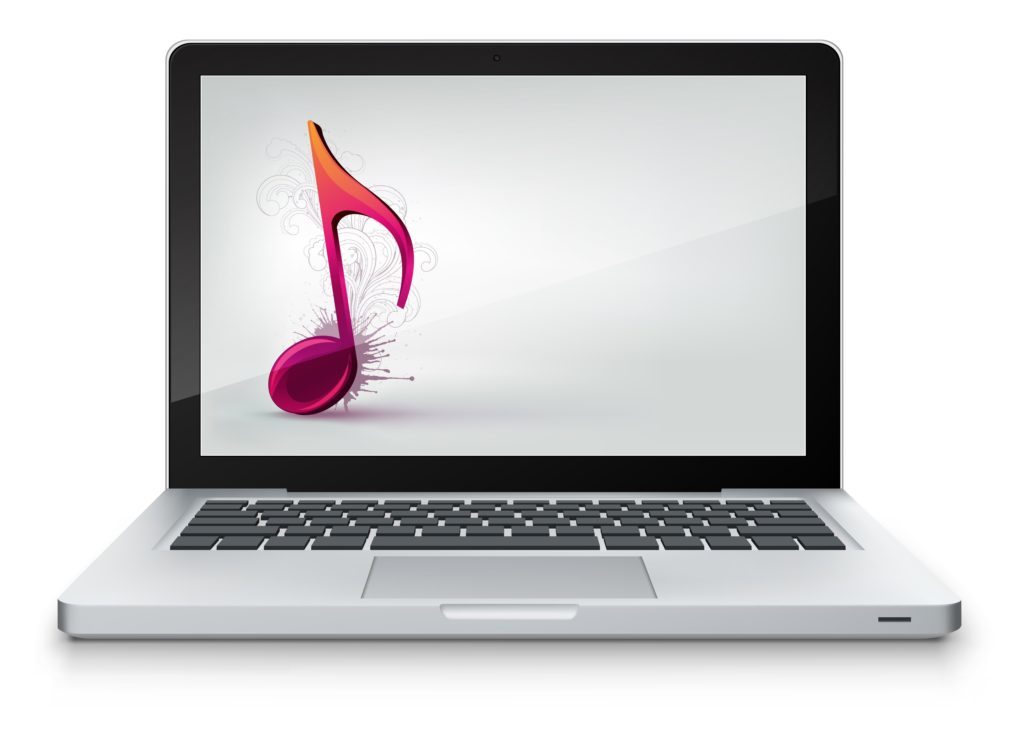
Music as an integral part of the in-clinic patient experience.
We’ve talked before about how we use music in our patient fitting appointments. Did you know that 90% of the music we choose to listen to we’ve listened to before?*
Some things are best when experienced for the first time (like movies for most people), but music is one of those things that the human brain loves more with repetition. In fact, the anticipation of what comes next in a song is actually related to the brain’s reward system and releases the chemical dopamine into the brain. This is the same reward system associated with drug addiction and where pleasure inducing chemicals are released in the brain – needless to say, it’s powerful. This area is also the part of the brain that tells us if things are valuable, important, or relevant to survival, according to Robert Zatorre, Professor of Neurology & Neurosurgery at Montreal Neurological Institute.**
I love the idea that my patients have triggers of value, importance, and pleasure when I play music that they know and love. That’s why I use music to demonstrate hearing aid technology – while I’m getting the demos set up, I ask my patient to name one of their favorite artists, and I pull up one of their popular hits on Spotify or YouTube.
Music can not only be a great ice breaker, but it has helped me get extremely positive and emotional responses from countless patients who otherwise were not that open or easy to talk to. Just a couple weeks ago, a patient told me she loved The Eagles, so I put on One of These Nights. A few minutes in, she said, “I’m sorry. I stopped listening to you. I’m so amazed at how good this music is sounding.”
Interested in setting up your fitting room to be able to play music for your patients in a really clear and powerful way? We are experts at this and would love to help.
*NPR, Play it Again & Again Sam, 2014
**CNN, Music: It’s in your head, changing your brain, 2012


